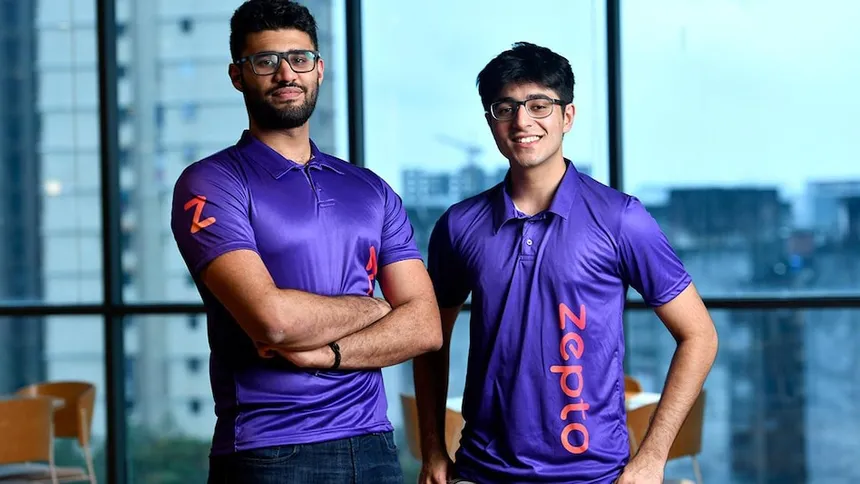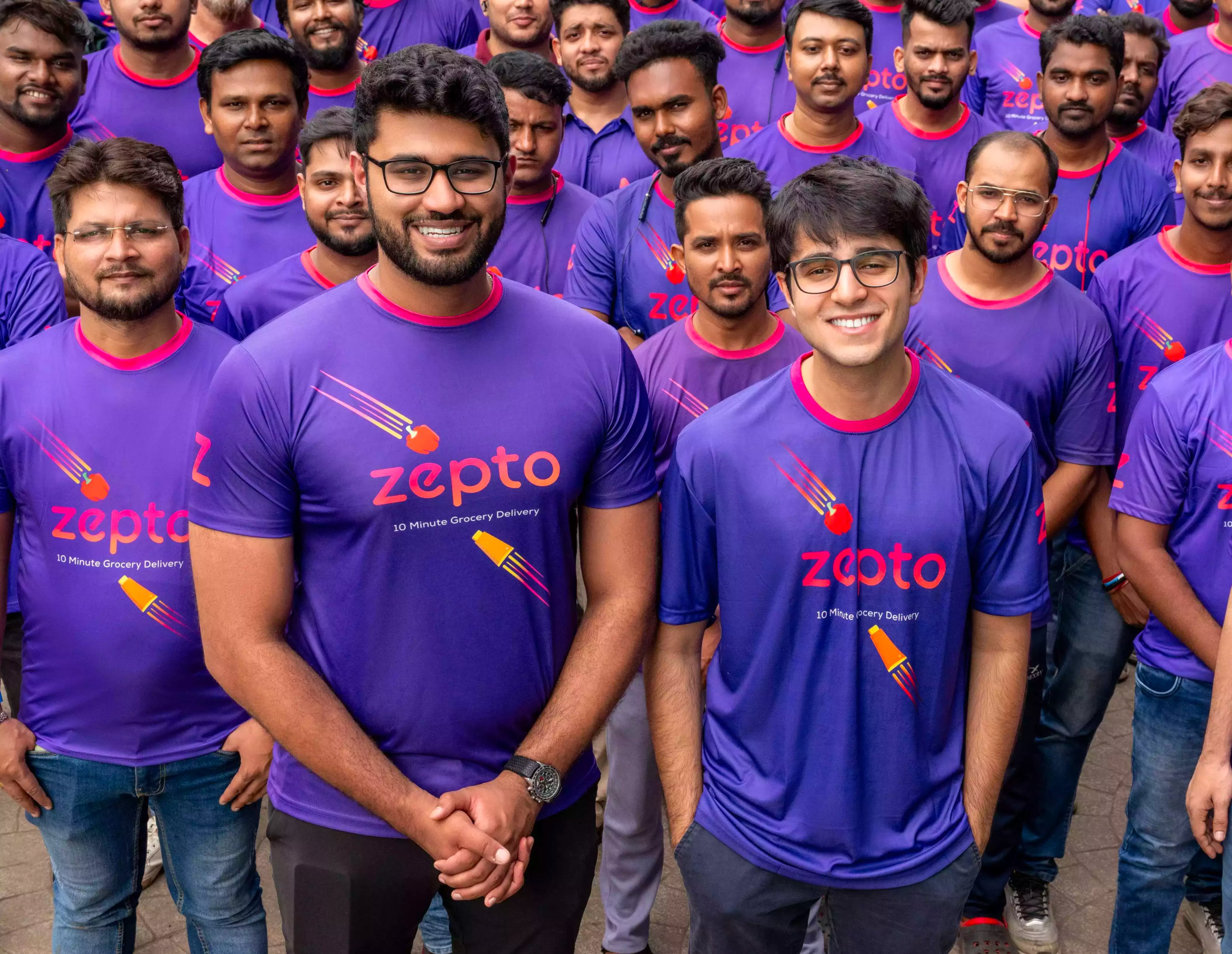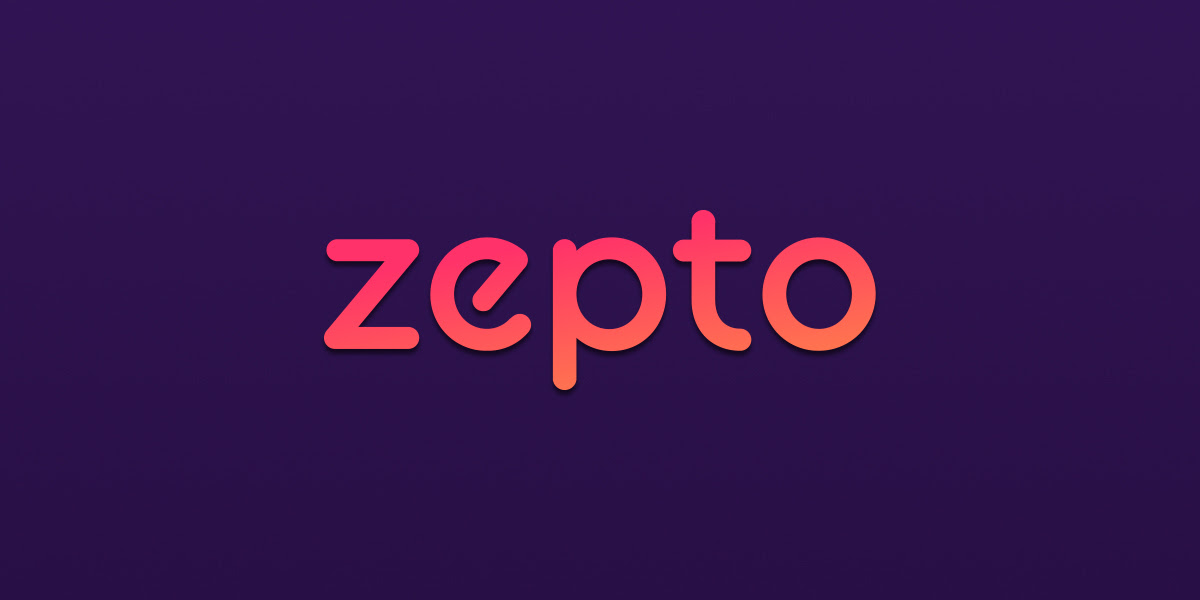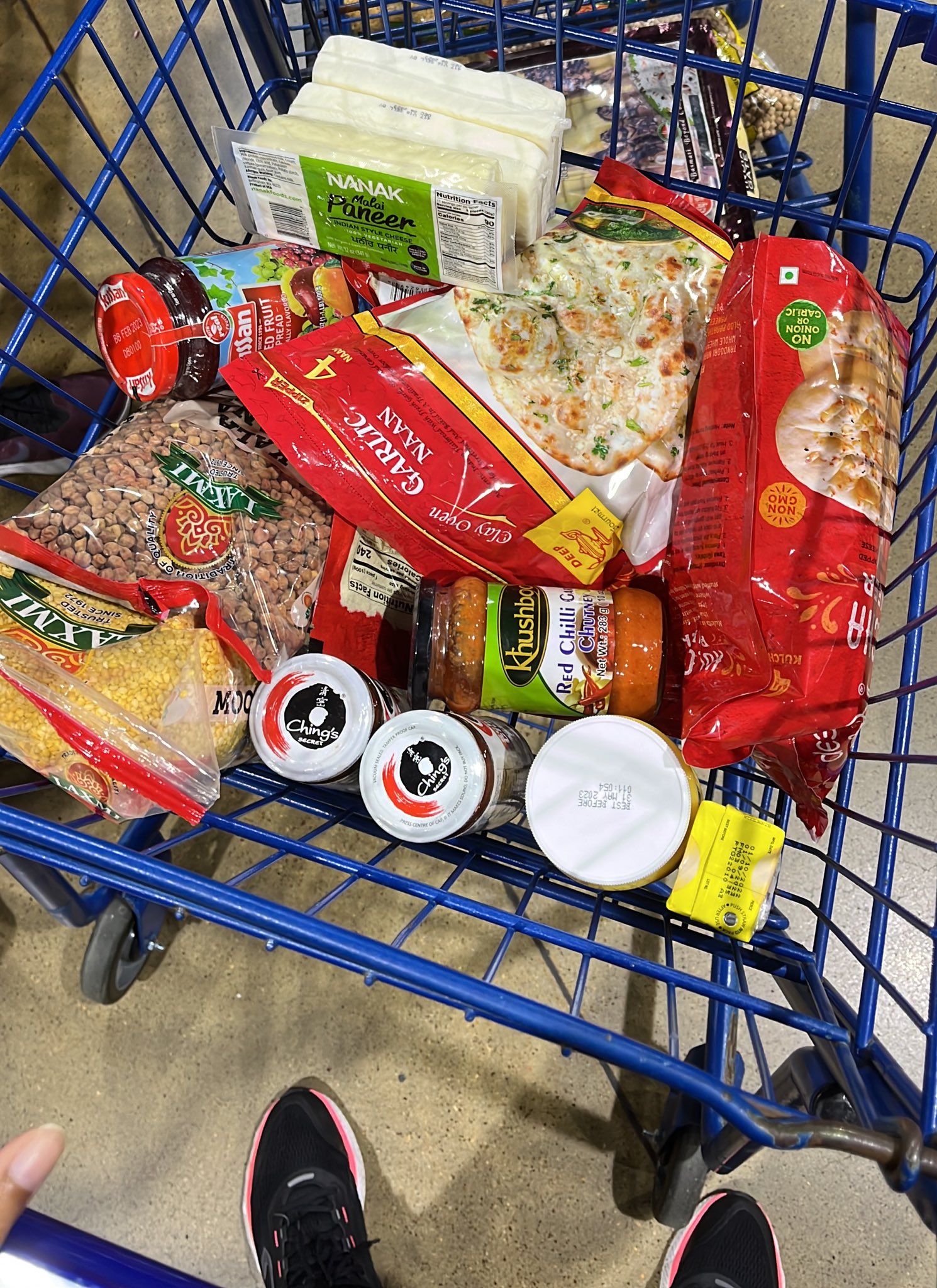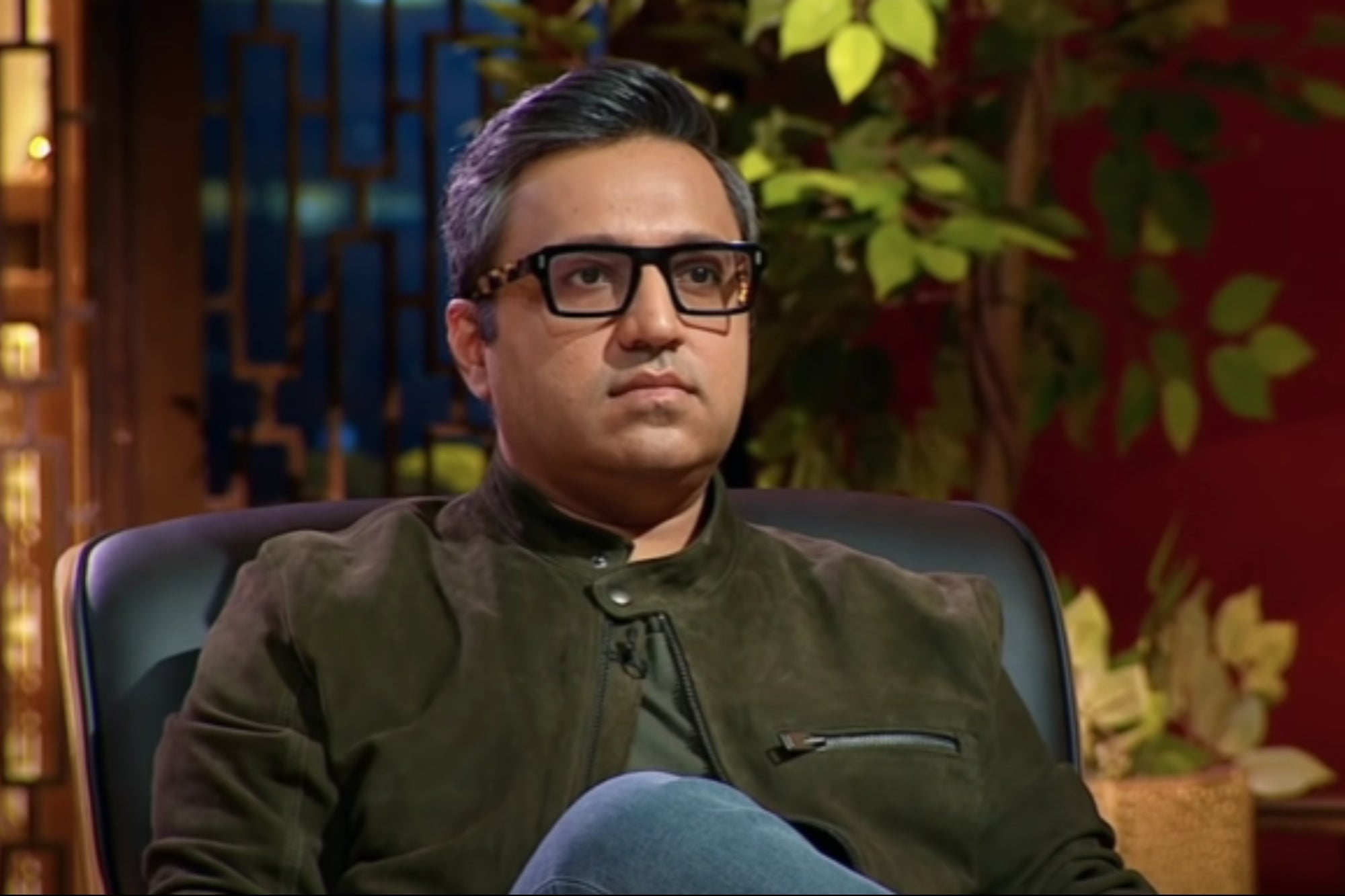In the bustling Indian startup ecosystem, Zepto has emerged as a name synonymous with lightning-fast grocery delivery. Founded by two young entrepreneurs, Aadit Palicha and Kaivalya Vohra, Zepto has taken the grocery delivery landscape by storm with its ambitious promise: delivery within 10 minutes.
This blog post will delve deeper into the story of Zepto, exploring its founders’ vision, the secret behind its rapid delivery, its funding success, the challenges it faces, and its potential future endeavors.
19 Years Old Unicorn Founders- Aadit Palicha and Kaivalya Vohra
Aadit Palicha and Kaivalya Vohra, two enterprising Stanford University dropouts, co-founded Zepto, a game-changing 10-minute grocery delivery startup.
Their entrepreneurial journey began with their first venture, KiranaKart, which unfortunately didn’t find market fit. Undeterred, they conceived Zepto during the pandemic, recognizing the need for instant home deliveries.
Zepto’s rapid success is evident: backed by Y Combinator, it raised a staggering $60 million in funding. Their secret? A relentless focus on ultra-fast delivery, resulting in an impressive net promoter score (NPS) and robust user retention. Zepto’s cloud stores enable lightning-quick deliveries in Mumbai, Delhi, Bengaluru, Gurugram, and Chennai, with expansion plans to other cities.
Here’s a quick look at these exceptional entrepreneurs:
- Bold Decisions: Both Palicha and Vohra made a bold choice by dropping out of Stanford University to pursue their entrepreneurial vision with Zepto. This demonstrates their dedication and confidence in their idea.
- Young and Ambitious: Their young age (they were teenagers when they started Zepto) highlights the growing trend of young entrepreneurs making significant impacts in the Indian startup ecosystem.
- Problem Solvers: Recognizing the gap between convenience and speed in existing grocery delivery services, they aimed to bridge it with Zepto’s 10-minute delivery promise.
In essence, Palicha and Vohra’s story is one of youthful audacity, a keen eye for consumer needs, and a willingness to disrupt the status quo. Their leadership and vision have been instrumental in propelling Zepto to its current success.
The 10-Minute Delivery Promise: A Network of Dark Stores
The key element that makes Zepto unique is its 10-minute delivery promise, achieved through a network of strategically placed dark stores. Here’s a breakdown of why this combination is so innovative:
- Dark Stores: Unlike traditional grocery stores, dark stores are not open to the public. They function exclusively as fulfillment centers for online orders. This eliminates in-store browsing time and allows Zepto to focus solely on order picking and packing.
- Strategic Placement: These dark stores are strategically scattered throughout cities, bringing them closer to a large number of potential customers. This minimizes delivery distances, allowing Zepto to achieve its ambitious 10-minute delivery window.
- Hyper-Local Approach: The combination of dark stores and their strategic placement creates a hyper-local approach. Zepto essentially brings a mini-grocery store closer to each customer, significantly reducing delivery times compared to traditional models that rely on centralized warehouses.
In essence, Zepto leverages technology (online ordering) and a well-distributed network of dark stores to achieve an unmatched level of convenience for Indian grocery shoppers. This combination of factors sets Zepto apart from its competitors in the Indian market.
Funding Frenzy and Unicorn Status: Investors Take Notice
Zepto’s innovative approach has not gone unnoticed. Investors have been impressed by the company’s disruptive model and its potential to revolutionize the way Indians get their groceries.
In August 2023, just a year after launch, Zepto secured a whopping $200 million in funding. This massive investment propelled the company to unicorn status – a term used for startups valued at over $1 billion.
This rapid rise reflects the immense potential that investors see in Zepto’s ability to disrupt the Indian grocery delivery landscape.
Zepto’s Challenges:
- Scaling Infrastructure: Maintaining a dense network of dark stores across vast Indian cities requires high investment in:
- Real estate costs
- Logistics and managing inventory at each store
- Efficient delivery routes in congested urban areas
- Ensuring Product Quality: Delivering fresh produce and perishable items within a tight window necessitates:
- Robust supply chain management
- Proper storage facilities
- Competition: Established players like supermarkets and e-commerce giants may adapt to compete in the quick commerce space. Zepto needs to:
- Continuously innovate
- Maintain efficient operations
- Potentially expand product offerings
The Future of Zepto: Beyond 10-Minute Groceries
Looking forward, Zepto is likely to focus on expanding its reach across more Indian cities. As it does, optimizing its logistics network and exploring partnerships with local farmers and suppliers could further strengthen its offerings.
Integrating artificial intelligence (AI) for demand forecasting and delivery route optimization could be another area of exploration. AI could help Zepto predict customer needs in specific areas, optimize inventory levels at dark stores, and ensure the most efficient delivery routes for riders.
Zepto’s success story might also inspire similar quick commerce models for other product categories. We might see the emergence of startups offering rapid delivery of pharmaceuticals, electronics, or other everyday essentials, leveraging a network of strategically located micro-fulfillment centers. Zepto itself might explore delivering a wider range of products beyond just groceries, potentially venturing into pharmaceuticals or other everyday essentials.
Zepto’s Pricing: Balancing Convenience with Affordability
While specific pricing information for Zepto’s services might not be readily available on public platforms, it’s safe to assume the company employs a combination of delivery fees and product markups to generate revenue. The delivery fee might vary depending on the order value and delivery distance.
Additionally, Zepto might charge slightly higher prices for products compared to traditional grocery stores to compensate for the operational costs associated with its rapid delivery model.
Conclusion: Zepto’s Young Millionaires Redefining Convenience
Zepto’s meteoric rise is not just about its innovative delivery model, but also the story of its founders, Aadit Palicha and Kaivalya Vohra. These young Indian entrepreneurs, barely out of their teens when they started Zepto, have become the country’s youngest millionaires. Their bold decision to drop out of Stanford and pursue their vision has redefined convenience for Indian grocery shoppers.
While Zepto faces challenges ahead, its success so far is a testament to Palicha and Vohra’s ambition and ability to disrupt a traditional industry. As they navigate the future, these young millionaires will be a force to watch in the ever-evolving world of e-commerce.
Please share your thoughts in comment about , at theproductrecap.com we are open to friendly suggestions and helpful inputs to keep awareness at peak.
